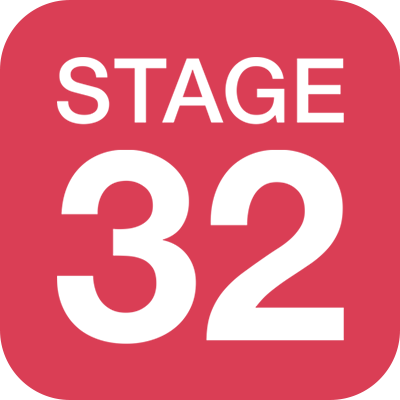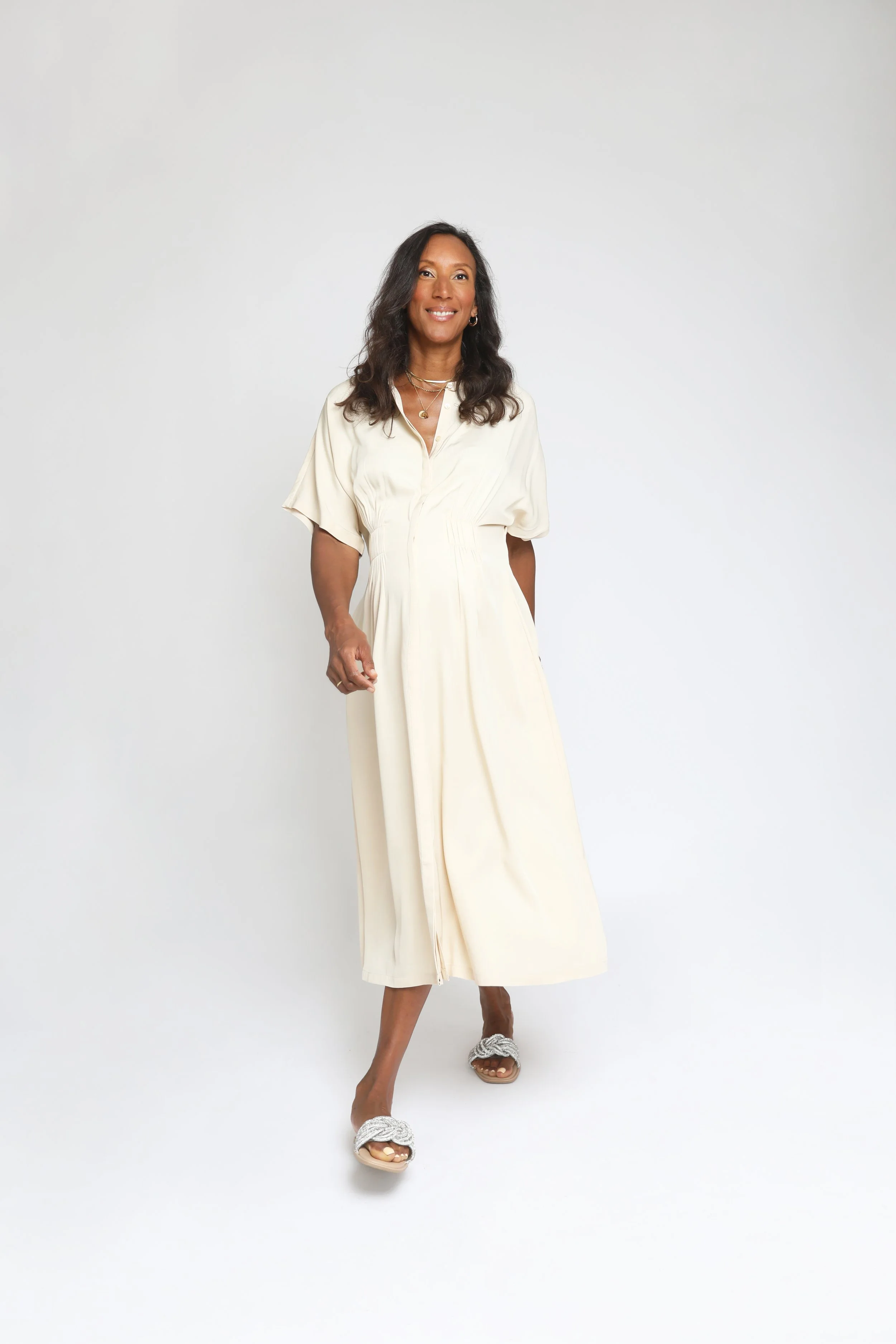
““Are you considering becoming a creative person? Too late, you already are one…..creativity is the hallmark of our species””
Therapist–Coach for Deep Transformation and Creative Success.
I support driven creatives to heal at the deepest level, release limiting patterns, and unlock the confidence to create success that feels authentic, abundant, and bold.
AS FEATURED IN
Dear Creative Soul
I’m Alexandra, a Therapist–Coach for deep transformation and creative success.
“To create” - to bring something into existence.
Or another way to think about it is, to create is to give form to what longs to exist.
We’re all creating something. Whether we’re creating our dream life, writing a book, starting a business, manifesting abundance, creating a character to play in a film or, creating a family. Amongst a myriad of other possibilities.
My passion is helping you get unstuck so that you can successfully bring your dream to fruition. I like to see myself as a midwife to your dreams.
Maybe you fear that you’ll be stuck in the same boring, unfulfilling job for the rest of your life. That you’ll have to settle.
Maybe you fear that you’ll always be a struggling, poor artist rather than a successful and abundant one.
Maybe you fear you’ll end your days knowing you had more in you than you were able to express.
Perhaps you fear no one is taking your creative endeavours seriously anymore because you keep sabotaging yourself.
Perhaps you’ve taken a giant leap, gone out on a limb and fear you might have to admit failure and die of shame and humiliation if you can’t make your dream work out. Time feels like it is running out.
It could be that you have others depending on you to pay the bills so you keep playing safe creatively.
Maybe your mental health is suffering from the stress of your creative project not working out so far.
Or you feel deeply envious of those who are “succeeding” who are no more talented than you are.
I’m here with you to make it happen. Not just to cheerlead or coach but to facilitate you to release negative beliefs, unhelpful behaviours, emotions, and past traumas that dim your creative light or make your relationship with it feel complicated.
I work in a trauma-informed way using somatic therapy, Gestalt Therapy, EMDR and nervous system practices. I help your creativity grow from a flicker into a blaze — to dance, to sing, to shine, to dazzle, and to express itself in the ways that are uniquely yours.
I believe that whatever you want to create is divinely inspired. Our creativity is directly linked to source, the universe, God, or whatever you want to call it. There’s a reason you want to create what you want. The world needs your creation.
We’re all meant to live abundant, joyful, creative lives. Your inspired creativity is the warm glow that lights humanity’s path toward a more equal, caring, joyful, and connected future.
It would be my honour to support you to bring your dream to life.
You can read more about my story here.
Who I Work With
If you identify as a creative soul — whether you’re building a soul-aligned business, producing a film, writing a script, creating a dress, birthing a baby, stepping into an acting role, or manifesting the abundant life of your dreams.
Maybe you’ve tried working with a regular coach but the work is not cutting deep enough. You want to work with someone who ‘gets’ creatives and is also expertly trained and knows how to keep you safe.
You’re driven, committed, and passionate about realising your full creative potential. You’re ready to invest in the changes needed to set your soul free, and you have the courage to show up fully for yourself.
My company, Sparks of Gold Ltd is rooted in Covent Garden — the beating heart of London’s theatre land — my work honours the creative spirit and supports artists and visionaries around the world.
Why work with me
I bring a rare blend of therapeutic depth, creative spirit, and lived experience. Here’s what that means for you:
Proven Depth of Healing
13 years as an accredited psychotherapist, thousands of clinical hours, mastery of tools like EMDR, IFS, Gestalt Therapy and somatic work — I know how to create lasting transformation, not surface fixes.
Embodied Wisdom
I’ve walked my own healing journey including 7 years of weekly therapy and years of group therapy. I have huge compassion and depth of understanding on what actually works to create positive shifts.
Courage & Resilience
I recently followed my soul’s calling to relocate abroad, pivot into the creative industries, and build a thriving life and business. I know the highs and lows of pushing frontiers, and I share that so you don’t feel alone on your path.
Creative & Playful
As an actress, mother, and artist, I know what it means to reconnect with joy, imagination, and authentic expression. I bring both seriousness and play into our work.
Grounded, Real & Collaborative
No woo-woo. No spiritual by-passing. No superficial re-framing based on positive thoughts or strategy alone. To heal trauma we need to work with mind, body and emotions and at-depth. I care deeply, I show up fully and honestly, and I hold a safe, nurturing container. Working together in this way I am certain we’ll create the magic you desire.
My offerings
-

Sparks of Gold
A 3–12 month creative coaching programme for deep transformation. Heal what holds you back and unlock the confidence to bring your authentic vision to life.
-

Nuggets of Gold
1/2 or Full Day Therapy-Coaching Intensive to rA half- or full-day intensive to break through one specific block. Using EMDR, somatic IFS, polyvagal tools, and Gestalt therapy, we’ll go straight to the heart of what’s holding you back.
-

Golden Globe - Deepen Your Acting Craft Programme
A 3- or 6-month programme for actors who want to deepen their craft, dissolve performance anxiety, and step into their full creative presence.
-

Magnetic Creatives
Group Coaching programme for Creatives coming in February 2026.
A gentle space for those healing from childhood attachment trauma who want to learn and get inspiration and support to create their soul-led masterpiece.
“I wanted to thank you for the sessions I had with you and to say how extremely useful they were. It often seemed a bit like magic that I would sometimes come into the sessions feeling flat and leave feeling much more optimistic and uplifted. You have helped me through an incredibly difficult time and I am very grateful for that. ”
— T.W, CLIENT












